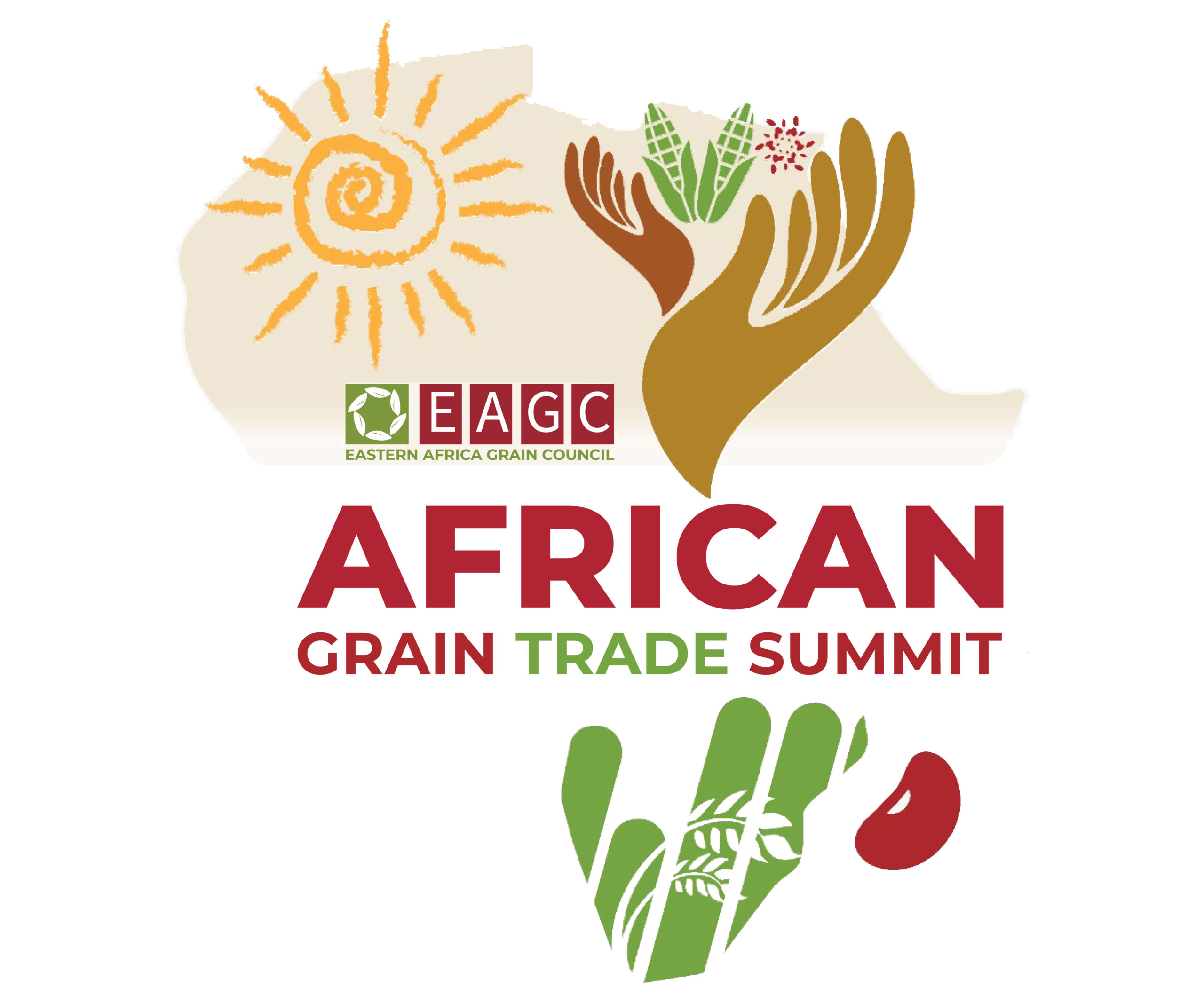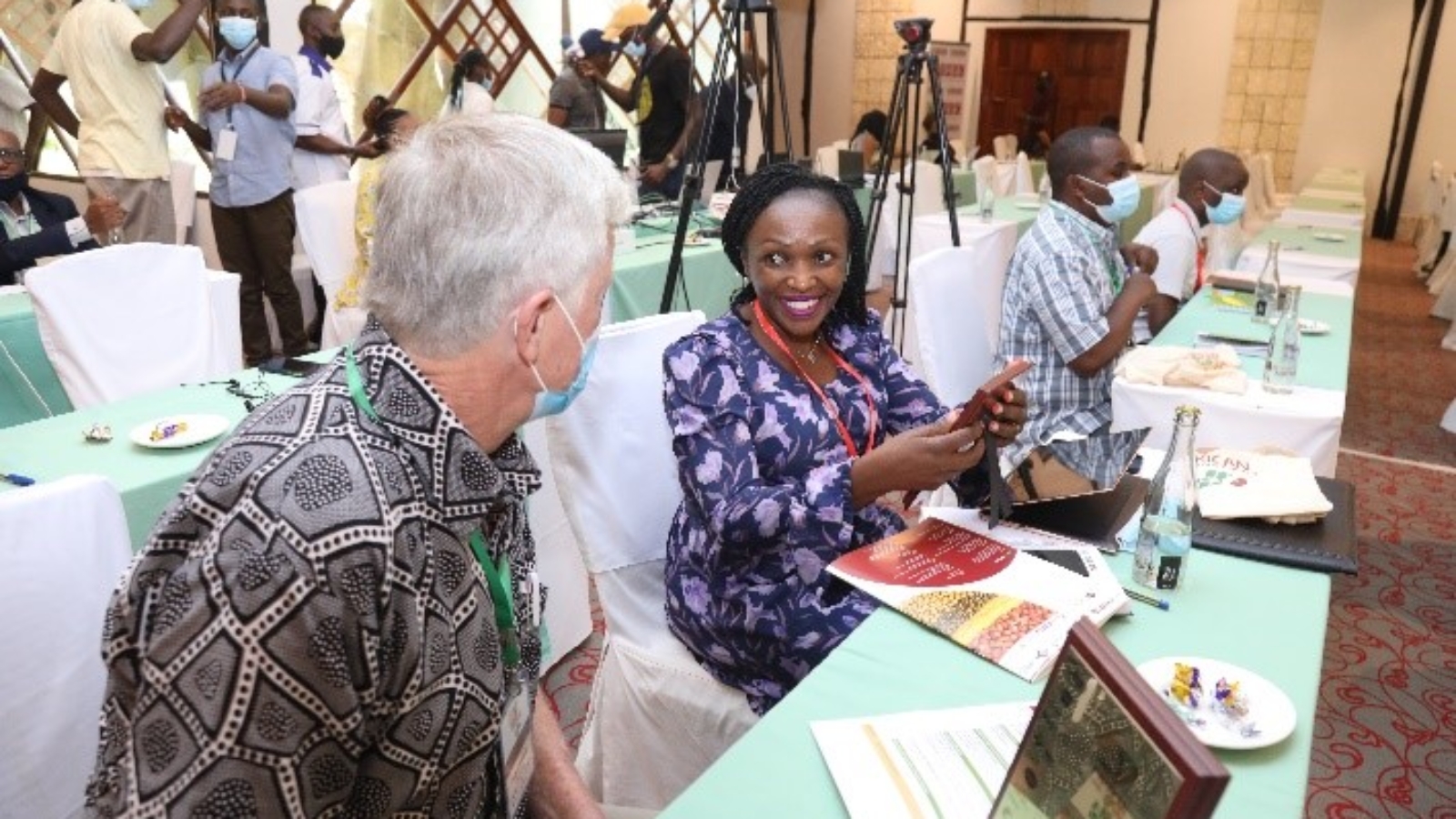As Africa fights off the remnants of the Covid-19 pandemic, a new challenge has emerged. Many parts of the continent are now facing a food crisis, the most severe one since 2007/2008. According to the International Monetary Fund, staple food prices in sub-Saharan Africa have increased by an average 23.9% between 2020 and 2022—the most since the 2008 global financial crisis, commensurate to an 8.5 percent rise in the cost of a typical food consumption basket (food inflation). In both Kenya and Nigeria, the price of staple foods such as maize flour has more than doubled in the past 12 months while in Tanzania, cooking oil prices had increased by almost 30%. Drought in many parts of East Africa is also putting millions of people at risk of starvation.
The impending food crisis in the continent is precipitated by Africa’s overdependence on global markets for both staple foods and farm inputs, despite possessing significant local production capacity. The ongoing Russia-Ukraine war, fought between two of the most important producers of food and agro-chemicals in the world, has cut off Africa’s main source of these commodities. The International Trade Centre (ITC) reports that in 2020, African nations imported agricultural items from Russia and Ukraine worth US$6.9 billion of which 90% of those items were wheat and 6% of sunflower oil. And Wheat made up around 48% of these items, followed by corn (31%), sunflower oil (the remaining 2%), barley, and soybeans. Moreover, 16 African nations with a combined total of 374 million people (almost 40% of the continent’s population) are more than 56% dependent on Russian and Ukrainian wheat. Eritrea (100%), Somalia (90%), Seychelles (90%), DRC (85%), and Egypt (80%) are the most dependent. The ongoing conflict has caused a sharp increase in the cost of staple food grains, with the price of wheat almost doubling in mid-2022 compared to a year earlier, and worsened fertiliser prices which were already on the rise prior to the war.
Africa’s overdependence on other parts of the world has also left it at the mercy of high costs of global trade logistics, which are at least partly caused by high energy prices and a surge in demand for trade services as economies re-open after the pandemic. Shipping costs have increased almost 5 times compared to pre-pandemic levels; for instance, the cost of shipping a 40ft container (25MT of rice) from India/Pakistan to East African ports such as Mombasa, Kenya has increased from between US$800 and 900 to US$4,200, with the final consumer paying a higher price.
With many African countries still reeling from the effects of the Covid-19 pandemic and the forces of climate change, the high costs of food, farm inputs and energy, broader economic challenges and the looming threat of a global recession, it is evident that the grain sector on the continent faces an existential threat.
It is thus clear that Africa needs to be more self-reliant and more resilient to global shocks that are currently wreaking havoc on the continent. The African Continental Free Trade Area (AfCFTA), while still in its infancy, could prove vital in deepening food trade integration within Africa to take advantage of existing production and trade opportunities within the continent and to build resilience to external shocks. The AfCFTA could thus be critical for:
- Reducing overdependence on global markets for farm inputs and food
- Strengthening food security in the continent and
- Creating meaningful investment and employment opportunities through intra-African grain trade
The 10th AGTS will look for solutions to build on these beneficial policy improvements since it recognizes that many trade-enabling policy reforms are already in place in all the aforementioned sectors. The 10th AGTS will make an effort to achieve this by promoting industry engagement to develop workable solutions that will positively improve the value chains of the grain trade and ultimately put the African grain sector on a path to sustained success.

